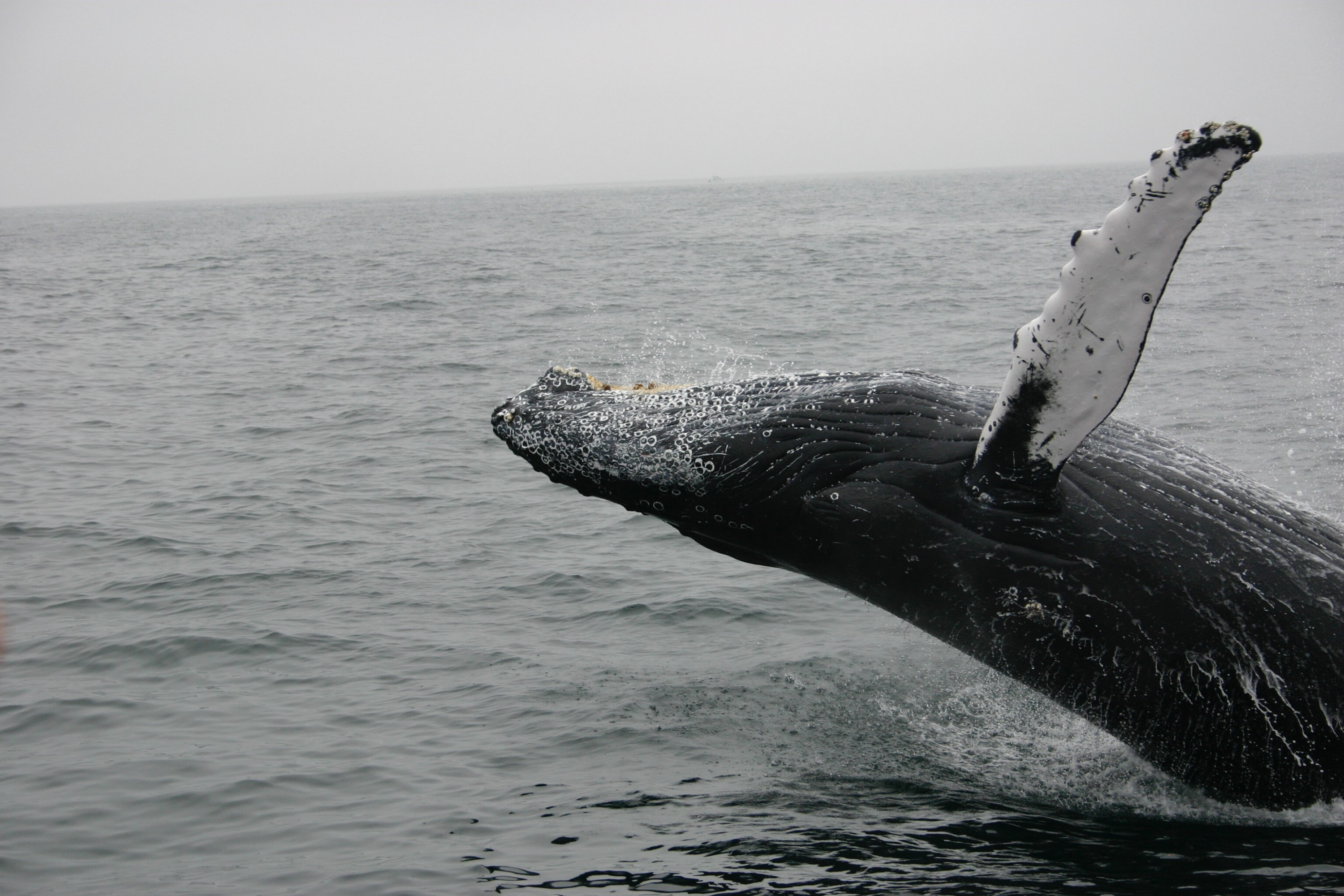Fighting climate change with whales
Between a combination of ecotourism, carbon sequestration, fishery enhancement, and carbon pricing values, a typical great whale is worth over $2 million. Subsidizing shipping companies to adjust their passage routes to avoid whale collisions could reduce the great tragedy of the commons that exists in these gentle giants.
Further, governments can fund ocean plastic cleanup efforts and research, and organizations like the Global Environment Facility can financially support low-income countries who may have difficulty sustaining whale relief efforts.
Correspondingly, Ralph Chami, the assistant director of the IMF’s Institute for Capacity Development understands that moving policymakers to action “who don’t buy into saving animals for the sake of saving animals” requires monetizing whales. Chami notes, “We have to agree whales are an international public good.”
Recovering the global whale population to even half its original size is no easy feat, but we must do all in our power to multiply whale species’ populations in all of Earth’s oceans. Regardless of whether a high-tech carbon sequestration tool becomes widely available, harnessing the carbon-capturing power of these beautiful creatures will always positively enhance our atmosphere and marine ecosystems.













No Comments